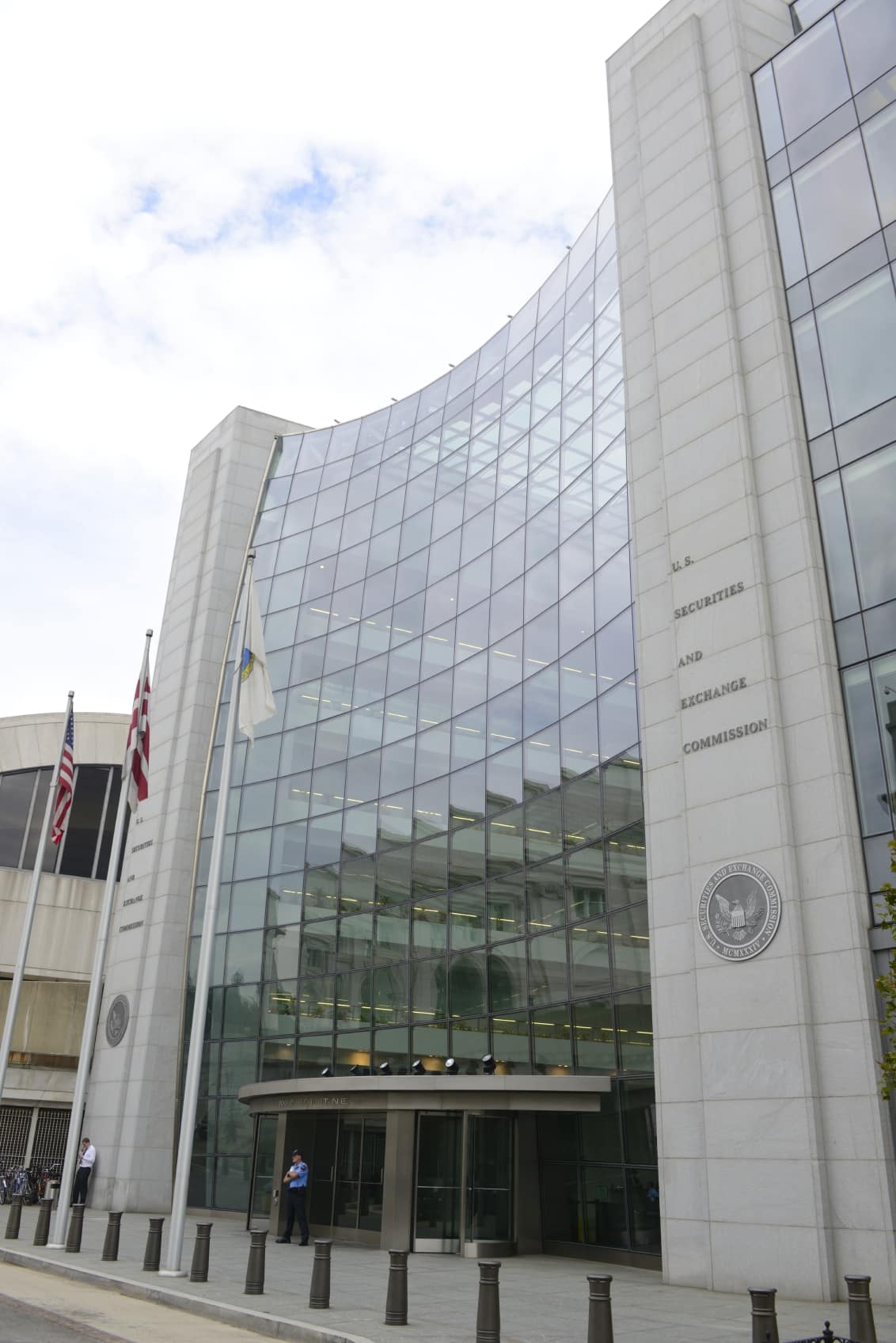
National investment fraud lawyers KlaymanToskes is investigating Triad Advisors loss recovery in light of FINRA’s sanctions against the firm relating to supervisory failures involving investment losses associated with an alternative mutual fund, the LJM Preservation & Growth Fund (“LJM”). The ticker symbols for the fund were LJMIX, LJMCX, and LJMAX.
What is an Alternative Mutual Fund?
Alternative mutual fund is a publicly offered, SEC-registered fund that use investment strategies that differ from a buy-and-hold strategy typical in the mutual fund industry. Unlike more traditional mutual funds, alternative funds generally hold more non-traditional investments and employs more complex trading strategies. Alternative mutual funds purportedly:
Alternative Mutual Funds Have Unique Characteristics and Risks
Alternative Mutual Funds like LJM are complex products that contain unique features and risks. As described the SEC in its 2017 Investor Bulletin, those include:
What was LJM Preservation & Growth Fund?
According to FINRA Letter of Acceptance, Waiver and Consent, LJM was launched on January 9, 2013. The fund sought to profit from the “volatility premium” which is the difference between implied volatility (investors’ forecast of market volatility reflected in options pricing) and realized (actual) market volatility. To achieve its objective, LJM invested primarily purchased long and sold short calls and put options on the S&P 500 futures index. LJM did not hold any underlying stock.
Per FINRA, in July 2017, Morningstar issued a Fund Report for LJM that described the fund as “[a]n aggressive option seller with above-average returns and low correlation with equity markets, but high risk.” The Report further stated that “[t]he strategy is structured to generate high income but is relatively aggressive and exposed to a steep rise in equity volatility. Even though these volatility spikes and periods of heightened uncertainty are infrequent, they could have significant, negative impact on this fund’s future performance.”
Triad Advisors Failed to Supervise Alternative Mutual Fund Recommendations
FINRA identified several supervisory failures related to the fiduciary negligence of alternative mutual funds ranging from September to February 2018. These include:
Moreover from March 27, 2014 to January 1, 2019, Triad failed to obtain required account information for customers who purchased the private offerings of LJM Partners, Ltd. and LJM Preservation & Growth Fund LP (“LJM Private Offerings”)
LJM Liquidates, Dissolves after 80% Loss of Value
In early February 2018, LJM lost about 80% of its value. Its loss in value coincided with the S&P 500’s tumble, which contributed to an unprecedented increase in market volatility thereby increasing the prices of the short option positions dramatically.
In late March 2018, LJM was liquidated and dissolved. Investors who held shares as of February 6, 2018 lost approximately 80% of their investment.
Triad sold $2,267,000 in LJM to fifty-eight customers.
Triad Fined $195,000, Ordered to Pay Restitution
According to a Letter of Acceptance, Waiver and Consent, Triad consented to sanctions for the alleged LJM mutual fund supervisory failure tied to investor losses. Specifically, Triad consent to a censure, $195,000 fine, over $500,000 in restitution plus interest, and a certification that Triad has established and implemented policies, procedures and internal controls reasonably designed to address and remediate their issues.
What is a Letter of Acceptance, Waiver and Consent?
If FINRA’s Department of Enforcement has reason to believe a violation has occurred and the FINRA member does not dispute the violation, FINRA’s Department of Enforcement may prepare and request that the member:
Triad executed a Letter of Acceptance, Waiver and Consent for this matter in December 2021. This letter describes the act or practice engaged in or omitted, the rule, regulation, or statutory provision violated, and the sanction or sanctions to be imposed.
What to Consider Before Investing in Alternative Mutual Funds
FINRA’s Investor Alert provides several points to keep in mind before investing in an alternative mutual fund, such as the Fund’s:
Triad Advisors Loss Recovery for Triad LJM Preservation & Growth Fund
Former and current customers of Triad with mutual fund investment losses in excess of $250,000 resulting from holding LJM on February 6, 2018, and those who have information relating to the sales practices of Triad Advisors and alternative mutual funds, are encouraged to contact Lawrence L. Klayman, Esq. at (561) 542-5131, and download our Special Investor Report.
About Us
KlaymanToskes is a leading national securities law firm, specializing in investment loss recovery, which practices exclusively in the field of securities arbitration on behalf of retail and institutional investors throughout the world in large and complex securities matters. KlaymanToskes has recovered more than $250 million for investors in FINRA arbitrations. KlaymanToskes has office locations in California, Florida, New York, and Puerto Rico.
Contact
KlaymanToskes
Lawrence L. Klayman, Esq.
(561) 542-5131
lklayman@klaymantoskes.com
www.klaymantoskes.com